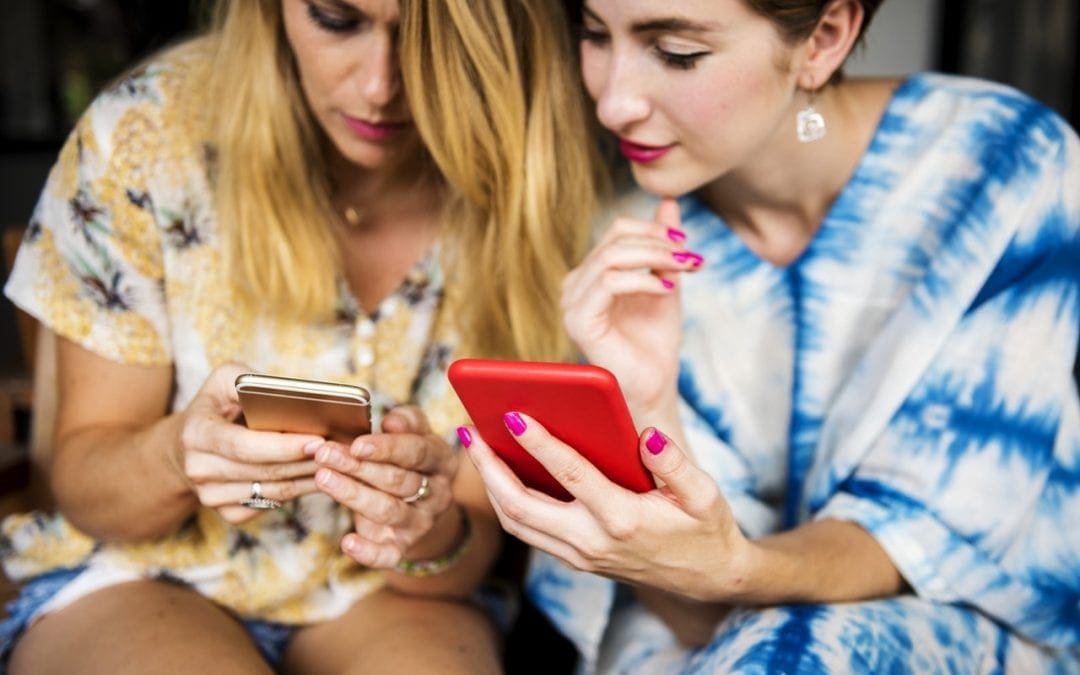In 2016, dating app Coffee Meets Bagel introduced “#LadiesChoice,” a new format that offered men and women distinct user experiences.
Men would receive up to 21 “bagels,” or matches, every day at noon, and the app would then present women with a curated selection of the men who had liked them. Users who identify as LGBT would receive up to six matches a day.
According to Dawoon Kang, a Coffee Meets Bagel cofounder and the company’s co-CEO, the company made this change because they’d seen stark differences in the way men and women — both gay and straight — date online.
As Kang wrote in a blog post when #LadiesChoice debuted, “men like the selection.” Coffee Meets Bagel asked men and women how many potential matches they’d like to see every day: Men preferred an average of 17 while women wanted an average of four.
“But they [women] wanted to make sure they were high-quality Bagels who were serious about taking the next step,” Kang wrote.
When I spoke with Kang over the phone in June, she told me: “The more bagels we give to men, the more engaged they are. They like it. They actually like going through profiles and checking out different women.”
On the other hand, Kang said, “When we gave more bagels to women, the attention that they give drops significantly. They stop responding. They stop checking.”
Coffee Meets Bagel’s findings jibe with other research on the way men and women use Tinder differently.
In 2016, scientists at Queen Mary University of London, Sapienza University of Rome, and Royal Ottawa Health Care Group found that women on Tinder generally swipe right only for men they’re seriously interested in, while men are less picky.
But when it comes to sending that first message, the researchers found that just 7% of male matches sent a message, compared to 21% of women.
Kang said that ultimately, Coffee Meets Bagel wants to give users different experiences based on their past behavior. She acknowledged that there are some people who don’t act like typical members of their gender while dating online.
“But in the absence of us being able to do that right now,” she said, “we have to generalize.”

